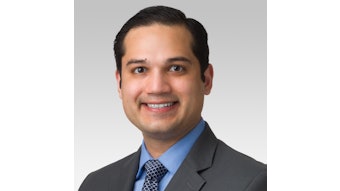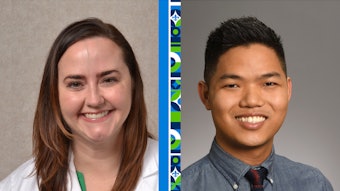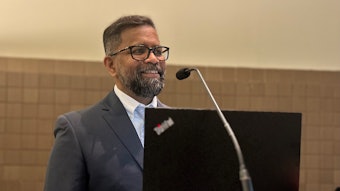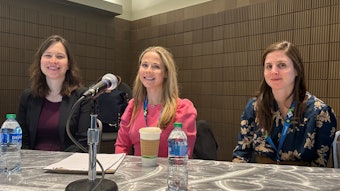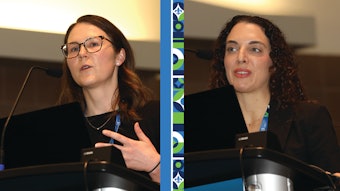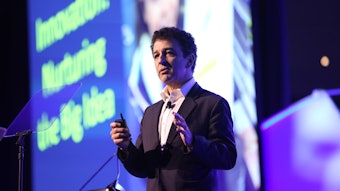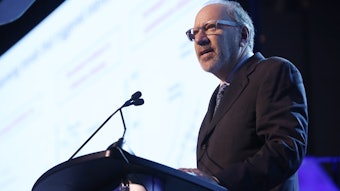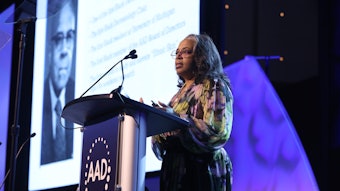We need to talk
Two debate sessions take on complex conditions and treatments.
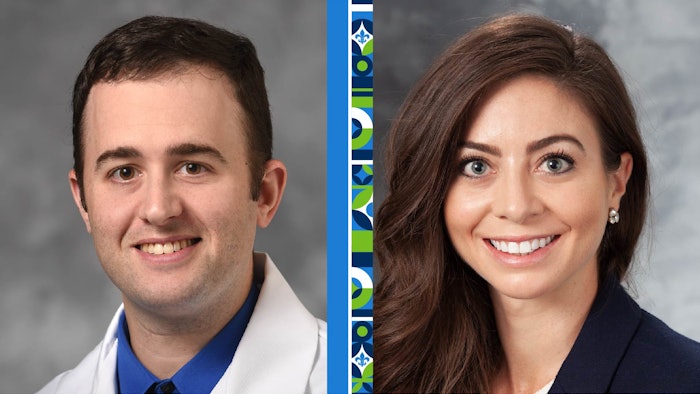
S045 - The 2023 Debates: Controversies in Dermatology
Sunday, March 19 | 1-4 p.m.
Room 388-389
F120 – Great Debates in Medical Dermatology
Monday, March 20 | 1-3 p.m.
Room 243, 244, 245
There will always be good reasons for debating the complexities and issues that dermatologists face and the ways they respond. And who doesn’t like a good debate? To stir things up (in a good way), the AAD will be presenting two debate sessions during the 2023 AAD Annual Meeting.
Controversies to be debated
There will likely be a lot of talk during and following the Sunday, March 19, session, S045 - The 2023 Debates: Controversies in Dermatology. The AAD kicked off this debate session last year and it was so well-received, it’s making a comeback in 2023 with new topics and speakers.
Ben Jacob Friedman, MD, FAAD, a dermatologist with the Henry Ford Health System in Detroit, will again direct the session, which will run the gamut from clinical to professional and everything in between. Topics will include the benefits and limitations of Mohs micrographic surgery for melanoma, biologic therapies versus surgical modalities in the management of advanced hidradenitis suppurativa, and arguments for and against routine lab monitoring for isotretinoin in acne management.
“Providing the highest level of care for our dermatology patients requires critical thinking and constant review of the best available evidence,” Dr. Friedman said. “The purpose of this session is to acknowledge and debate some of the controversial issues we are facing in 2023. We invite attendees to participate with an open mind and plenty of popcorn…”
New: Debates on medical dermatology and patient care
Controversies exist in understanding the pathogenesis and treatment of certain conditions, such as DRESS/DIHS, calciphylaxis, pyoderma gangrenosum, and dermatomyositis. Bridget Shields, MD, FAAD, will moderate the debate among experts during the new session, F120 – Great Debates in Medical Dermatology. Dr. Shields is an assistant professor of dermatology at the University of Wisconsin in Madison.
Specifically, experts will discuss the approach to patients with complex dermatologic conditions, highlight nuances in the management of patients with these conditions, and summarize expert consensus to guide the management of complex medical dermatology patients.
“There is still much to learn in medical dermatology and many of the management strategies we employ in clinical practice lack concrete evidence,” Dr. Shields said. “The conditions covered in this session result in significant morbidity and are exceedingly challenging to study. Many patients suffering from these skin diseases are critically ill, making large, randomized controlled trials difficult.”
As dermatologists, diagnosing complex cutaneous conditions is not enough, according to Dr. Shields. Medical colleagues must be able to rely on dermatologists to also understand the intricacies of evaluation and management for patients suffering from complex skin conditions.
Dr. Shields said the session is ideal for practitioners, from junior residents to experienced attendings, looking to reframe their approach to these conditions and to include evidence-based care and updated management pearls.
Perhaps the greatest debate will be which of these two sessions will provide you with the greatest insights and thought-provoking questions. Plan on attending both and find out!
Visit AAD DermWorld Meeting News Central for more articles.


